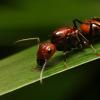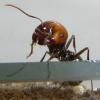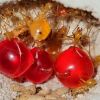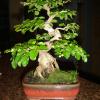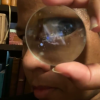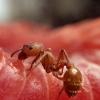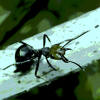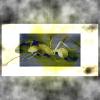Hello PDuncan67;
We just got back from two weeks in Mexico. I left my ants in winter storage a little longer than usual while I was away. I've also put them into winter storage early to get away late in the fall. I've used a couple of different methods to feed my ants while we're on vacation during the summer. When I had to be away for three weeks in a row, I had my father-in-law feed my ants part way through that time. I had food in small containers in the freezer, numbered for each colony. All he had to do was open the top or feeding port and put the food in. He had no problem at all. I only had him feed the larger colonies, the smaller ones were fine with the original amount of food that I gave them.
I use mostly chicken and turkey thigh bones and dry fish pellets (I have a betta too) for my ants' vacation food. I feed these things through the season to my ants, so they're used to them, and I know they'll eat them. Given an appropriately sized piece of bone for the size of the colony, most of them will spend at least 3 or 4 days cleaning off the bone and the marrow from inside. Some of them will spend another couple of days further scraping every scrap from the bone. Give your colonies a piece before you go away and see how long it takes them.
For larger colonies or colonies with large ants, I use a larger turkey thigh bone, cut in half through the shank. I use pruning shears (secateurs) to cut them. Depending on the size of the colony I'll give them one or both halves. Ideally you want to give them just enough so they can clean it at a rate that keeps ahead of any mold. Ants seem to be good at this. Smaller colonies get chicken bones, cut in half, or very small colonies get a 1/4 to 1/2 inch (3/4 to 1 1/2 cm) section of the shank or just the knuckle end of the bone. I find small colonies also like neck vertebrae from a cooked chicken. Leave some meat on the bones, but don't overdo it. I usually figure this will keep them busy for the first week.
Before you go, be aware of how much protein your colonies are using on a daily basis. Their need for protein will vary depending on the stage of the brood. You should be able to estimate if they will need more or less while you're away. Ants that lay eggs in batches make this easier to do. A colony with a large number of eggs won't require much protein until they hatch, some can take up to three weeks. Likewise, in a colony with a large number of pupae, or one with a large number of larvae that will be pupating while you're away, less protein might be required. Colonies with various stages of brood will probably require a consistent amount while you're away.
To feed my ants for the second week of my vacation, I also give my colonies a small amount of dry betta pellets. They often ignore these pellets when they have something more desirable, like chicken. When that runs out mine work on the betta pellets. I've seen my Camponotus ants collect them in the nest, which tends to be dry, and use them without any mold problems. I'm going to experiment with freeze dried chicken or liver pieces, dry dog food, or something similar for long-term feeding. I think they might work too. Last year I used freeze-dried brine shrimp which came in cubes (similar to sugar cubes) at the pet store. Not all of my ants liked it, and I left them way too much. This excess food became a place where trash mites thrived, which caused problems when I returned. For my Tetramorium colonies, I give them a peanut(s) or cashew nut(s) to gnaw away on for the second week.
Leave each colony an adequate amount of drinking water. I use a test tube, or tubes, stopped with cotton for their long-term water. Put it in before you go away, so they'll get used to using it. Running out of water has been the only reason why I've lost ants while away on vacation. I use a similar setup for their sugar/water.
Just a couple of other things to check on before you go away. Your ants will have all the time you are away to test barriers and plot escape. Reapply or refresh any oil or talc barriers, and check all screens, connections, seams and tubes, to make sure there is no way a determined colony can chew their way out. I often give mine a fresh piece of moss in the outworld. This gives them something to dig in, hide in, play in, and generally keep busy doing something other than plan escape.
It's already been mentioned that many of our ant colonies are in very good (fat) condition. I'm sure that if you feed them well before you go and leave them some short-term and long-term food in whatever form, that your ants will be alive when you return. Just don't let them run out of water and keep them contained. Good luck and happy holidays!
RPT
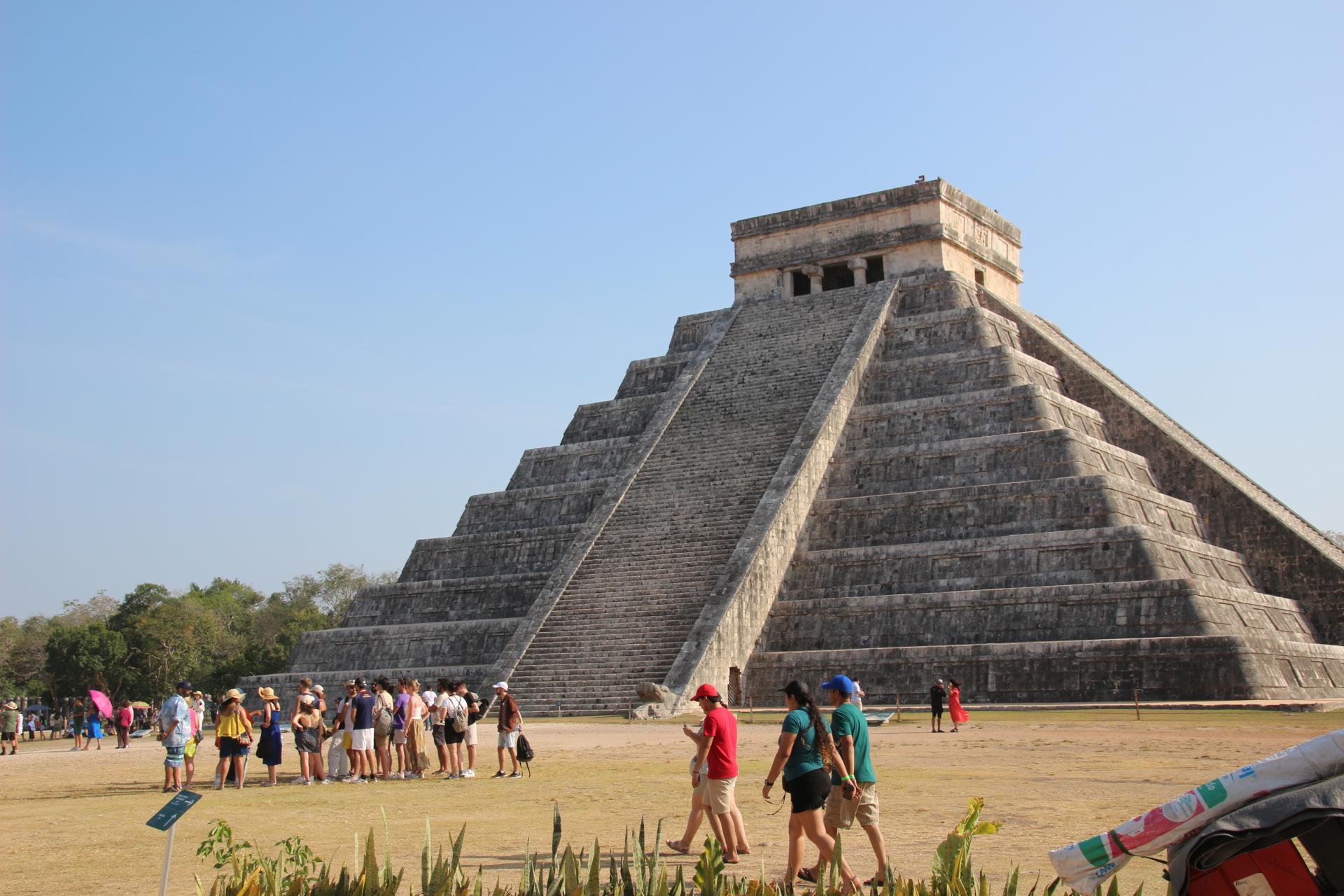
One of the reconstructed Mayan temples at Chichen Itza, in the Yucatan peninsula. Hot as hell, dry as a bone, and not a single ant to be seen in the entire place.
My father always said I had ants in my pants.




